Recently, the Department of Respiratory and Allergy (Friendship Hospital) admitted a 78-year-old male patient who was hospitalized with a persistent cough that had increased in recent days.
Through the patient's investigation, it was revealed that about two weeks ago, he had undergone an implant procedure at a private dental clinic. During the procedure, the dentist informed him that he had lost an instrument but could not determine where it fell. After returning home, the patient had a mild cough that lasted for a long time and gradually increased, so he went to the hospital for examination. The X-ray results showed that the patient had a foreign object in his right bronchus. The emergency endoscopy process in the above case encountered many difficulties because the foreign object was large, slippery, and stuck deep in the bronchus.
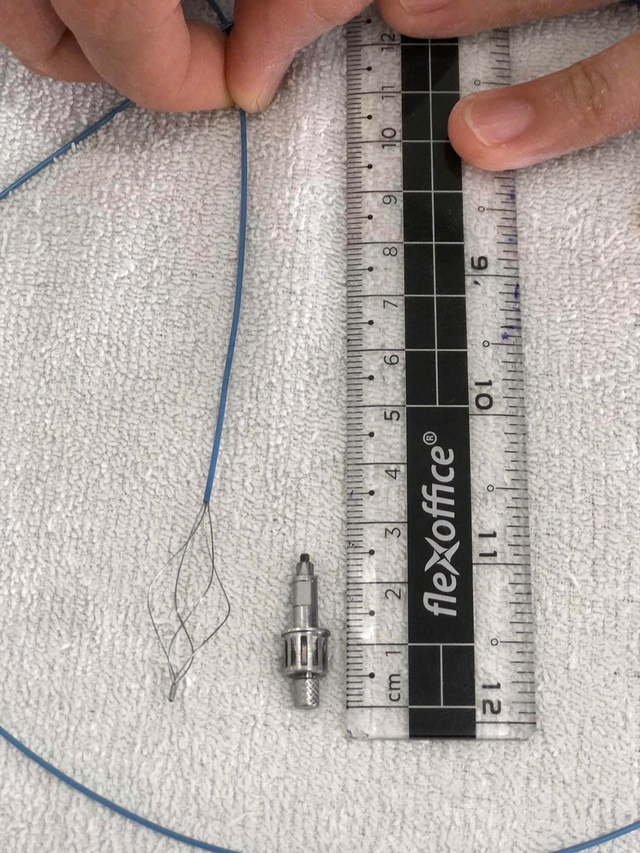
Dental instruments taken from patient's bronchus
To ensure maximum safety for the patient, the surgical team coordinated carefully to minimize the risk of bleeding, bronchial tearing, or pushing the foreign object deeper. After successfully removing the foreign object, the patient's bronchus was flushed clean of pus and blood residue in the airway. The patient is now conscious and has significantly reduced coughing.
According to Dr. Nguyen Tien Dung (Head of the Department of Allergy Respiratory Medicine - Friendship Hospital), because the foreign object is large, slippery and firmly lodged in the bronchus, it cannot be removed with biopsy forceps - the type commonly used for common foreign objects such as peanuts, fish bones, etc. If not detected early, such a large foreign object can cause many dangerous complications: airway obstruction, pneumonia, lung abscess, and even life-threatening respiratory failure.
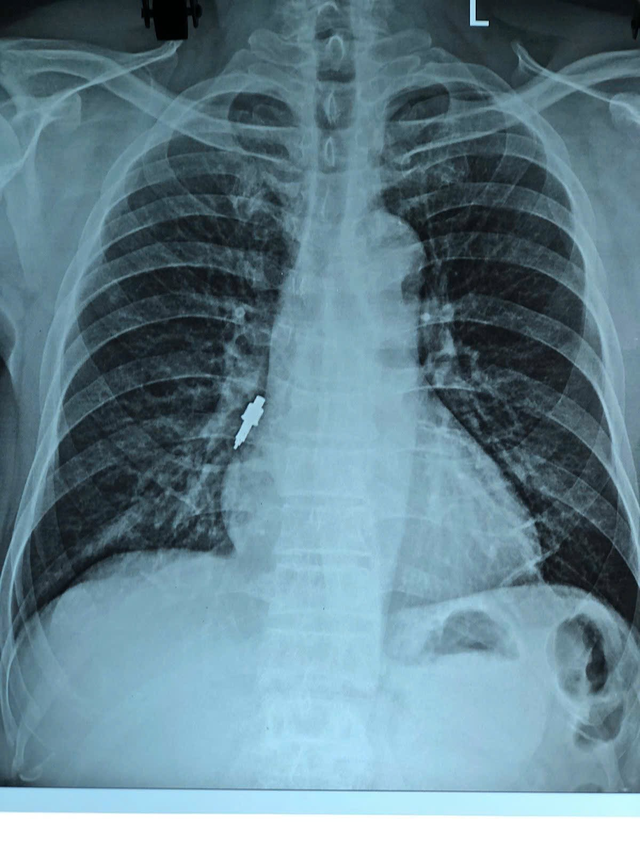
Foreign object stuck deep in the patient's bronchus.
According to Dr. Dung, every year the Department of Respiratory and Allergy still receives cases of bronchial foreign bodies such as peanuts, fish bones, food fragments, etc. However, foreign bodies in the form of metal dental instruments are rare, high-risk situations and require quick coordination between the patient, the dental facility and the specialized hospital. The doctor recommends that people when performing dental - maxillofacial procedures, especially implants, dentists should use airway protection (gauze, anti-drop devices).
After the procedure, if the patient experiences a prolonged cough, chest discomfort, or a feeling of obstruction, they should seek medical attention immediately to avoid missing foreign objects. In addition, people should choose a reputable dental facility to ensure their own safety when performing the procedure.
See more videos of interest:
Source: https://suckhoedoisong.vn/ho-keo-dai-sau-khi-lam-rang-nguoi-dan-ong-phat-hien-dung-cu-nha-khoa-trong-phe-quan-169251126132856207.htm








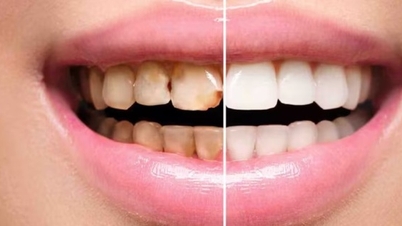
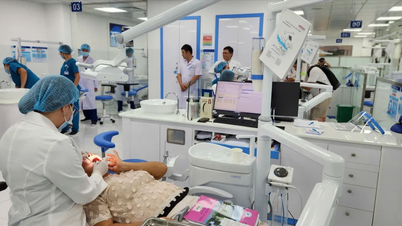

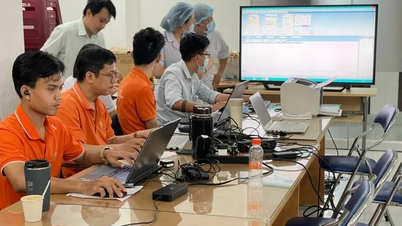
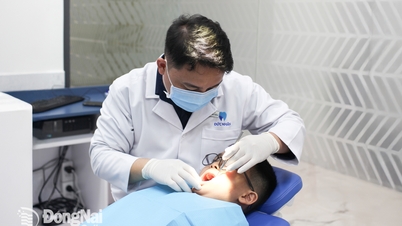

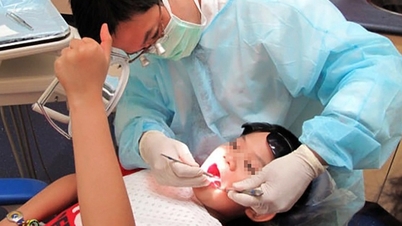





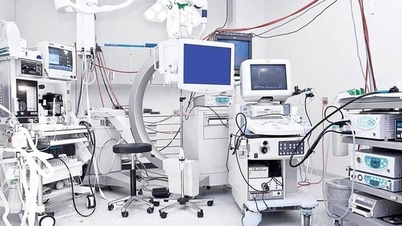
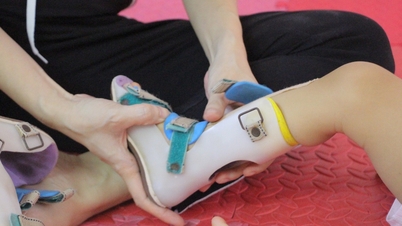
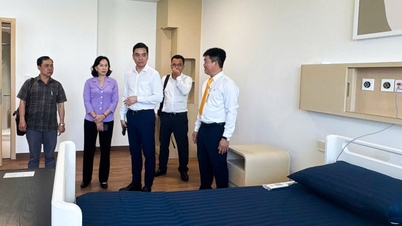
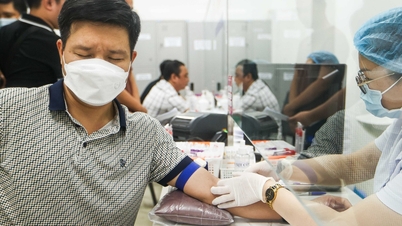





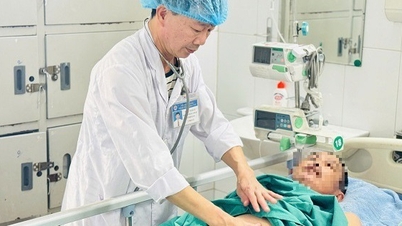


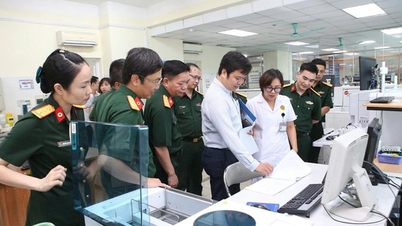
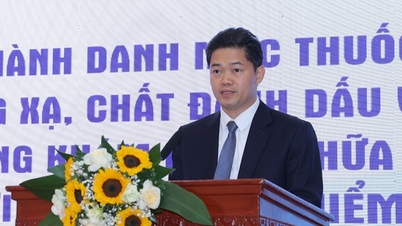





















































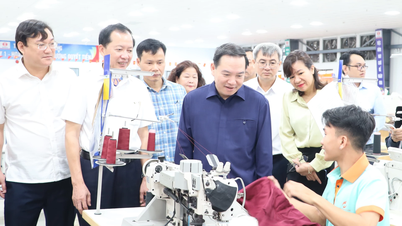

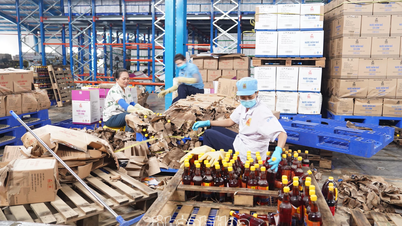


















Comment (0)